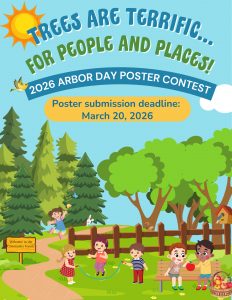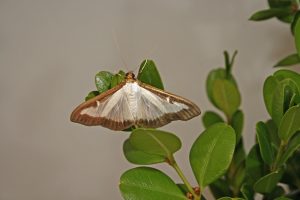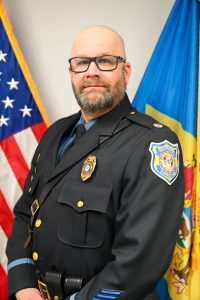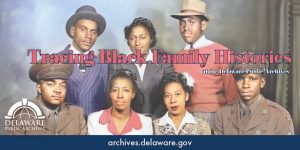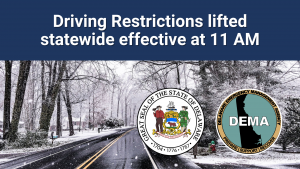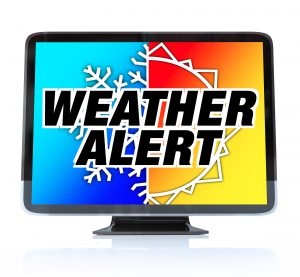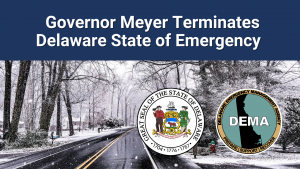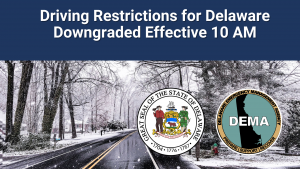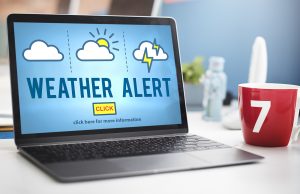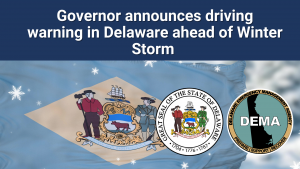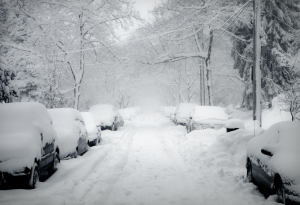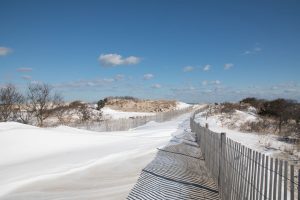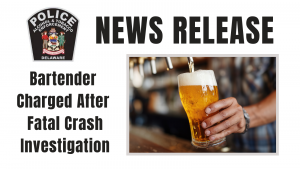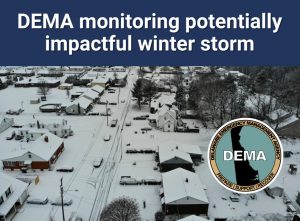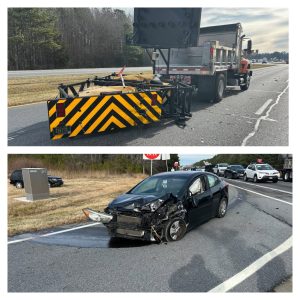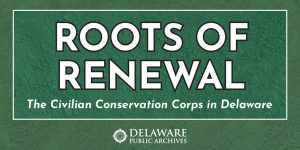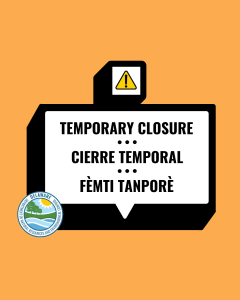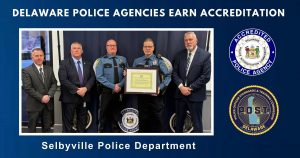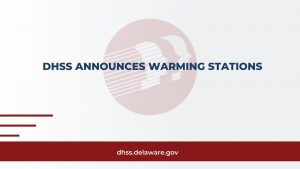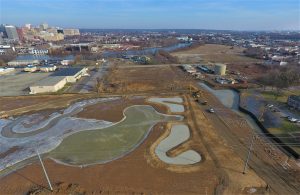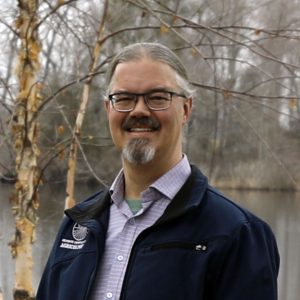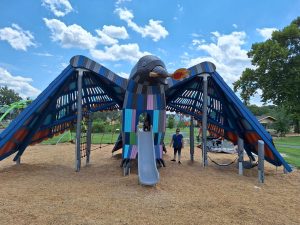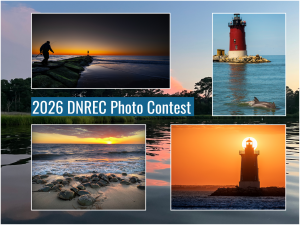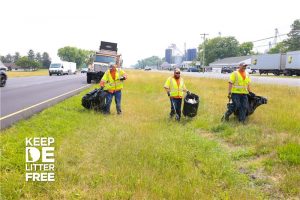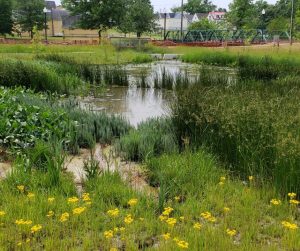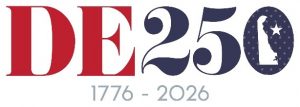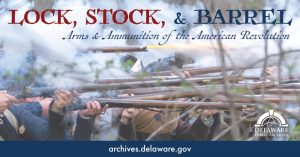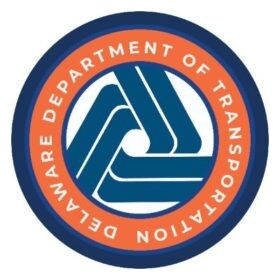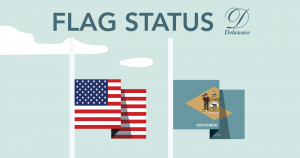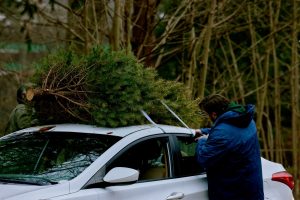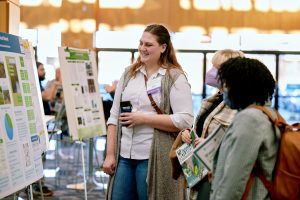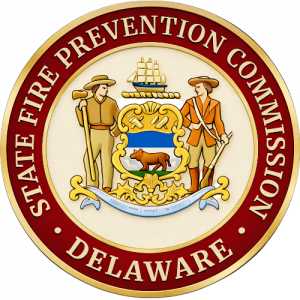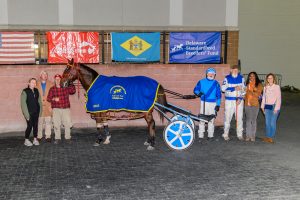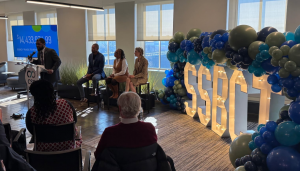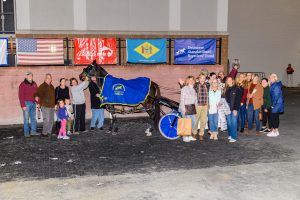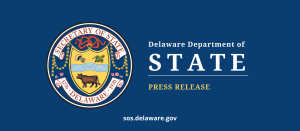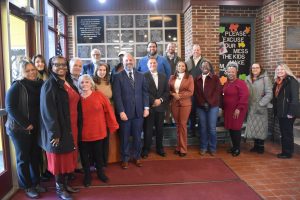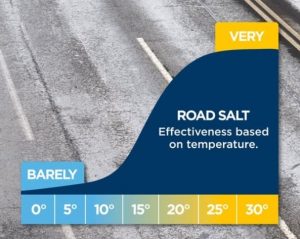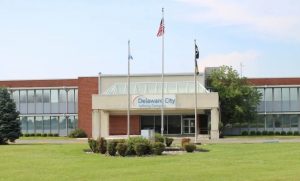2020 Urban and Community Forestry Grants
The Delaware Forest Service’s Urban and Community Grant Program has awarded more than $31,000 to fund nine community tree projects in all three counties. The program offers up to $5,000 in annual competitive matching grants for projects on public land and community open space, and grants are available to all municipalities, homeowner associations, and nonprofit organizations in the First State. Since the grant program began, Delaware’s urban and community forestry program has given over 575 grants totaling more than $1.75 million and planted more than 13,000 trees.
Delaware Forest Service awards $92,000 in grants for community tree projects
The Delaware Urban and Community Forestry Program has awarded more than $92,000 for 24 tree projects throughout the First State. Over the past 15 years, the annual grant program has provided more than $1.5 million to help communities increase tree canopy and promote the natural benefits of trees: cleaner air and water, increased property values and civic pride, and reduced storm water runoff and flooding.
Urban and community forestry grants available
The Delaware Forest Service’s Urban and Community Forestry Program is offering grants up to $5,000 for tree planting projects on public land or to help communities complete a professional tree inventory. The competitive grants – open to all municipalities, homeowner associations, and certified 501(c)(3) non-profits in the State of Delaware – require a 50-50 match in either cash (non-federal funds) or in-kind services, which includes volunteer or staff time, equipment rental, or supplies.
Applications will be judged on a competitive basis by a grant committee of the Delaware Community Forestry Council. Eligible projects must be performed on public lands within the community. Priority will be given to first time applicants, Tree Friendly Communities, and applicants that have passed an Urban Tree Canopy Goal Resolution (only applies to Municipalities). Complete details at https://delawaretrees.com.
Emerald ash borer found at new Delaware sites
Emerald ash borer (EAB), a destructive insect from Asia that attacks and kills ash trees, has been confirmed at two additional sites in Delaware: one near Middletown, New Castle County, and another near Seaford, Sussex County. Originally found in northern Delaware in 2016, the new detections create added urgency for homeowners and municipalities to determine if they have ash trees on their property and decide on possible management options. Current guidelines recommend the removal or treatment of ash trees if located within 15 miles of a known infestation. Because Delaware is geographically small and EAB can go undetected for years, residents are urged to educate themselves now and take action.
For the latest information from Delaware’s Department of Agriculture, residents are urged to go to de.gov/ashtrees
2018 Urban and Community Forestry Grant Program Now Open
The Delaware Urban and Community Forestry Program is offering up to $5,000 in grants for community-based tree projects throughout the First State. The program is open to all Delaware municipalities, homeowner associations, and certified nonprofits. Applications are limited to one project in one category (tree planting or tree management), and all funds must be utilized on publicly owned land or community open space. Grant recipients must also provide a 50-50 cost-share match, which can be met through a combination of volunteer labor, donated materials and services, or cash from non-federal sources.
This year’s application deadline is March 2, 2018. Winners will be notified by April 2.





